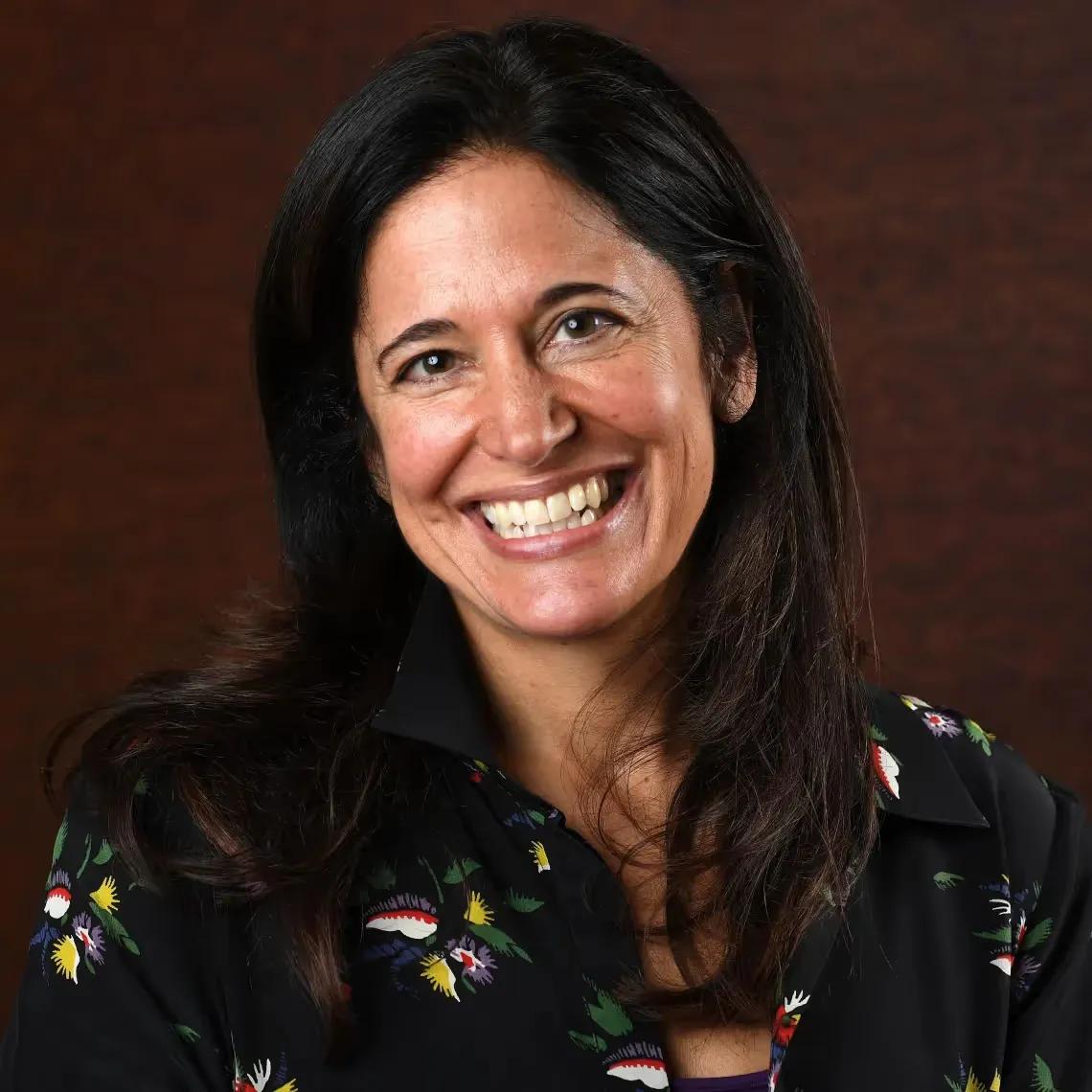Ilina Singh
Principal Investigator
I hold a doctorate in human development and psychology from Harvard University, and over the past decade I have added to these foundations through extensive work in bioethics, methods innovation, and sociology. I bring this interdisciplinary perspective to my current research through an approach known as empirical ethics. At present, my team's major research projects encompass: nature-based interventions for flourishing and wellbeing; AI and digital mental health ethics; and global mental health ethics.
Much of my work reflects a longstanding commitment to bringing the first-person experiences of children and young people into ethical evaluation, clinical decision-making and policy-making. My team has pioneered participatory methods for co-design and co-production with young people, qualitative and quantitative methods, mobile technologies and digital games.
Current Projects
I am a co-principal investigator for the Oxford Wellcome Platform for Transformative Inclusive Bioethics (ANTITHESES), where I lead the Design Bioethics Lab on the neuroethics of new forms of collective and collaborative decision-making, including swarm and hive minds, brain-computer interfaces, and novel AI technologies. My team also contributes to work on global genomic ethics through our global mental health ethics programme. We are funded for various projects through a partnership with the Stanley Centre, Broad Institute of Harvard and MIT; British Academy; Global Challenges Research Fund, Africa-Oxford Initiative, and others.
I lead the NIHR Biomedical Research Centre Flourishing and Wellbeing Theme. This is a major cross-University initiative to build the evidence-base for green social prescribing in mental health. We aim to identify key mechanisms driving positive connections between mental health and nature-based interventions and experiences in young people and in older adults. Our work is founded on the principle that 'flourishing' connotes good for the individual and good for the planet. Further work on nature-based programmes for mental health and wellbeing in UK schools is supported by a NERC Agile Initiative grant in partnership with the UK Department for Education: AGILE: Is Nature a Policy Solution to Mental Health in Schools?
I am a co-investigator on a Wellcome Discovery Award (PI Prof Argyris Stringaris, UCL) where my role is to investigate the ethics of 'surprises' (or expectancy violations) in therapies targeting severe social anxiety. Wellcome Trust Surprises Project
Past projects include: A Senior Investigator Award from the Wellcome Trust for a project entitled: Becoming Good: Early Intervention and Moral Development in Child Psychiatry, 2015-2020. This project follows on from a Wellcome Trust University Award for VOICES: Voices on Identity, Childhood, Ethics & Stimulants: Children join the debate. We have added significantly to innovative methods in working with young people. A Wellcome Trust Enrichment Award enabled us to create a bioethics game on mental health digital phenotyping: www.tracingtomorrow.org
I led the UK Ethics Accelerator for Pandemic Emergencies, funded by the UKRI Covid-19 Rapid Response Call, involving 5 UK institutions and 9 leading UK bioethicists as Co-Directors, along with 6 postdoctoral fellows and the Nuffield Council of Bioethics as a key partner. A project funded by the Duke of Westminster Foundation for a trial of a peer-support intervention for mental health and wellbeing, aimed at the challenges faced by adolescents during the epidemic crisis.